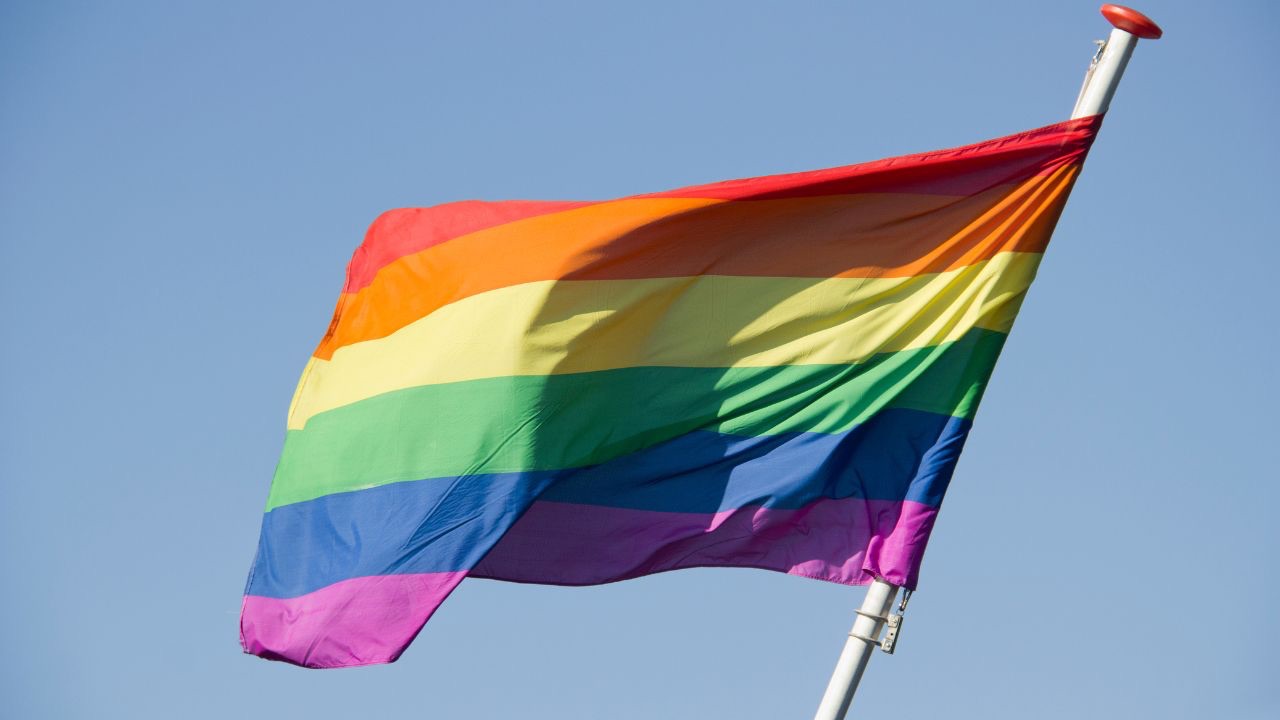
Guest post by Leo Richardson
I am pleased to introduce you to people whose lived experiences will help you better understand what it is like to be transgender.
Each year, on October 11, we observe National Coming Out Day. The purpose of the day was to take a brave next step in publicly declaring your identity at a time when being LGBTQ+ was a stigma. Now, it's a way for individuals to open up to others about their identity, many for the first time. When people share their stories, they gain strength from each other and build community.
While I can write about the different ways to come out and what that may look like for your family, I can't speak to the lived experience of coming out. I've written about my son Leo extensively on this website. It's an honor to have him here to share his words.
My Story
National Coming Out Day was first observed in 1988, on the first anniversary of the National March on Washington for Lesbian and Gay Rights. It became a major national campaign in 1996, and yet somehow never quite trickled down to the social awareness of my small, rural New England hometown. Had I known then that there was a day set aside for the matter, perhaps I would have taken advantage of the opportunity. Granted, this would have also hinged on my not stumbling my way through the hills and valleys of the LGBTQ+ acronym on my way to where I am today.
The thing about coming out is that once it starts, it never stops.
First, it was to friends, family, classmates, professors, doctors, the dentist, TSA agents, and an endless list of others.
The memories are still clear of trying to quickly and clearly explain why my name, or markers, or physical attributes, were misaligned with what I was purporting to the person perceiving me. As things progressed, and I found myself embedded in a community of people at my university, there was less explaining to do because word spreads fast in rural places. The court order was made, and documents were updated (paperwork in triplicate), which made it easier to satisfy customer service policies to update outdated systems.
After the slow trudge through revamping my endocrine system with hormone replacement and then gender-affirming surgery, I have now reached a point in my transition where I pass more often than not and am less visibly queer in some ways than I was during earlier stages of my transition. And while I am in a long-term queer relationship, I tend to use very neutral language to describe it, so if you didn’t know that my partner was masculine presenting, you wouldn’t immediately know it was a queer relationship.
This affords me a level of control over the narrative and circumstances of my being out that I haven’t experienced before. I am able to selectively choose who, where, and when someone learns the finer details of my identity versus the times I spent swimming in coming out experiences.
This has been complicated to contend with as I find myself, on one hand, grateful that I have a lesser chance of being immediately clocked as being queer in a time when LGBT people are nine times more likely to be victims of violent hate crimes than non LGBT people, and the Human Rights Council has declared a State of Emergency for LGBTQ+ people in the United States. On the other hand, I am deeply concerned for my LGBTQ+ siblings facing much more immediate and dangerous community and legislative pressure than I am, like the 18 states that have 10 or more current anti-LGBT bills being tracked in them as rights are stripped, and families leave their longtime communities to flee from discrimination as these pieces of legislature pass and their lives change overnight.
As someone who has worked with and mentored queer youths and young adults, I see the awareness they have of the political landscape and hear the concerns they have about the future.
It is more crucial than ever that allies of the community make their support known, educate themselves on current issues, and fiercely stand up against discrimination when they see or hear it online or in their communities.
As much as National Coming Out Day is an opportunity for people to come out for the first time or the fortieth time, it is also an opportunity for allies to come out in full support of the community and make themselves known to anyone in their life who may be coming out.

Leo Richardson is a transgender man living in western Vermont. He is a communications professional who is passionate about queer and disability rights. In his free time, he can be found painting or listening to records with his fiancé and two cats. You can find him on Instagram @lonesomelionman.
Subscribe to get my latest content by email, and I'll send you SIX questions to ask yourself before sharing that your child is transgender: because it can be a little overwhelming and sometimes you just need to know where to start.
We hate SPAM. We will never sell your information, for any reason.

